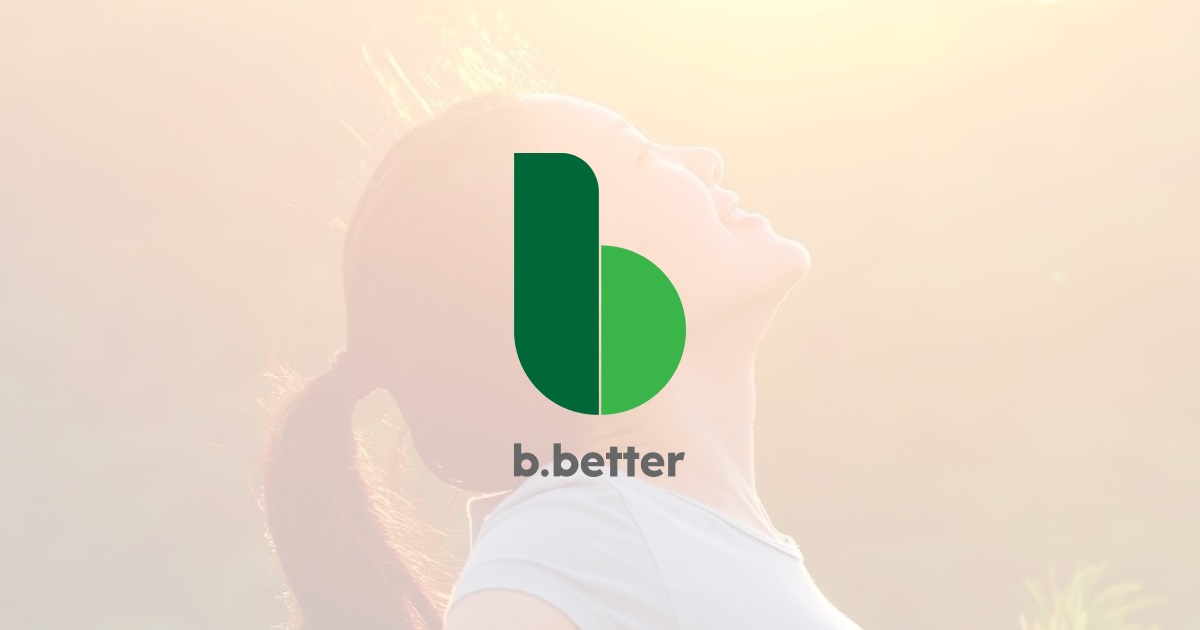BBetter Home Page › Forums › Symptoms & Health Conditions › ACNE
-
Posted by LAK on May 8, 2025 at 2:43 pm
Hey B, How are you? I have a friend who seems to suffer a lot with acne especially around her period. She took accutane at 16 which helped her but obviously came with a lot of symptoms. Her acne is now back more frequently around the chin area and she wants to get back on it but worried about the symptoms.
Is there anything else you can recommend in your experience to help her (she is 40)
Thank you! x
LAK replied 1 month, 1 week ago 2 Members · 3 Replies -
3 Replies
-
Your friend’s acne flaring around her period—especially on the chin and jawline—is a classic sign of hormonal acne, often driven by an androgen imbalance (like elevated DHT or testosterone) or progesterone deficiency. Accutane (isotretinoin) is a powerful drug, but it doesn’t address the underlying root causes.
One of the best things you can do to help is simply ask the right questions to uncover potential root causes. Progesterone naturally declines with age, especially in the 10 years leading up to menopause (and yes, she might already be in that phase). This decline can cause a relative estrogen deficiency. Interestingly, high progesterone production (yep—can’t win sometimes!) can also contribute to acne, since progesterone has mild androgenic activity.
How can you recognise hormone imbalances in women?
You could ask if she’s experiencing:
– PMS symptoms (mood swings, breast tenderness, poor sleep, bloating)
– Changes in her menstrual cycle (irregular ovulation or heavy bleeding)
– Low libido
– Male-pattern baldness
– Extra hair growth in unusual places (besides the chin, the abdomen for example)PCOS
Hormonal acne is also commonly seen in people with PCOS. In addition to female hormone imbalances, she may also be dealing with insulin resistance. High insulin levels can signal the ovaries to produce more testosterone.
Best ways to check if insulin is playing a role:
– Get her fasting insulin tested (my personal favorite), or look at HbA1c combined with fasting glucose.
– Try a low-glycemic or low-carb diet and observe whether her acne improves. This means avoiding flour-based products, refined/processed carbs, sugar, and sugary foods.Diet & Acne Triggers
We already touched on some foods, but here’s a more complete list of common acne aggravators:
– Dairy products
– Alcohol (interferes with estrogen and androgen clearance, and may spike blood sugar through cortisol release)
– Gluten-containing productsThere’s also a handout in the Symptom Dictionary where many of these things are summarised. You can find it here:
https://bbettermembership.com/resource-library/a/acne/
-
This reply was modified 1 month, 2 weeks ago by
 Daniel.
Daniel.
bbettermembership.com
B Better – Holistic Health & Wellness Community
Join B Better, a holistic health community offering expert advice, live Q&A sessions, and wellness resources. Start your free 5-day trial today and take charge of your well-being—no credit card required!
-
This reply was modified 1 month, 2 weeks ago by
-
I’ve also written about acne before. It gives more insight into how acne works, plus it includes some supplement recommendations that might help.
-
Hi Daniel
Thank you for your response above. I will share these with her and see whether she would be willing to look into them. I think she use to be on progesterone (recommended by gyne) and came off it less than a year ago and her acne symptoms started again. She use to get a lot of urine infections during the period when she was on progesterone and she seems to think it may have been a cause.
-
Log in to reply.
